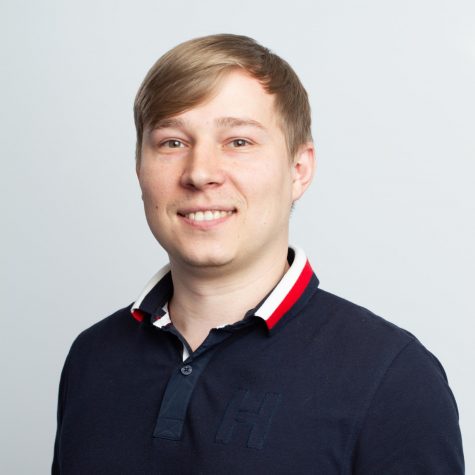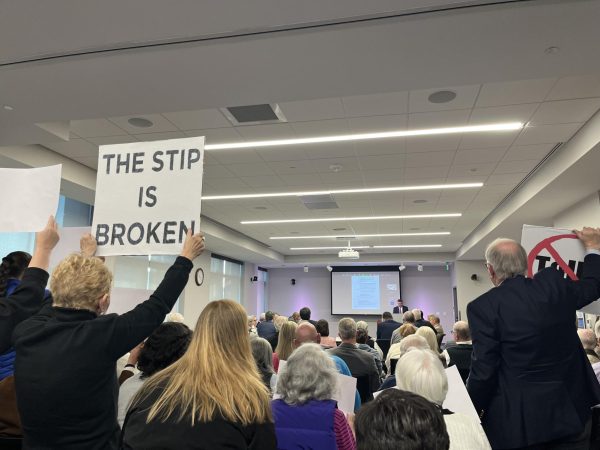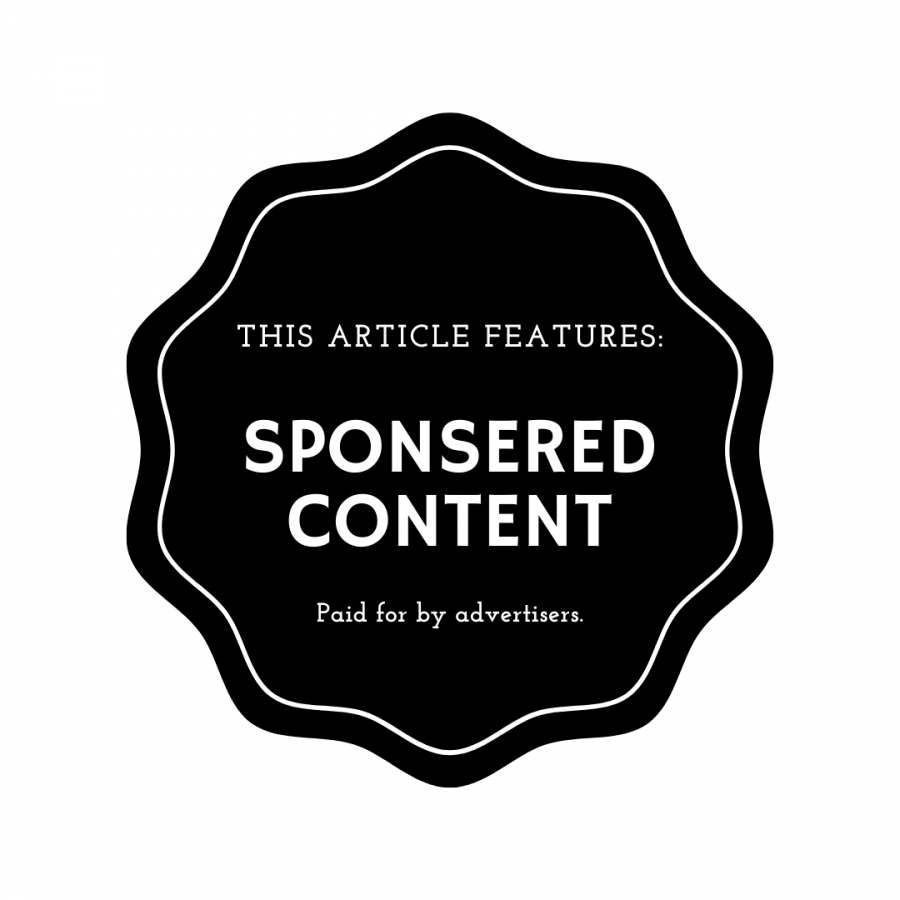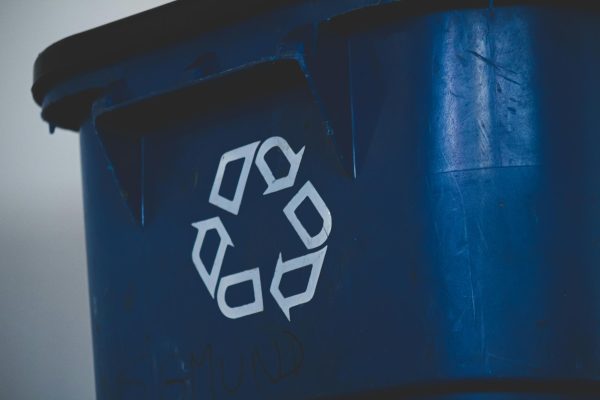Do not cheat yourself
March 26, 2020
Not every student will openly admit to cheating while earning a college degree, yet academic dishonesty is proven to be an age-old problem, especially since the advancement of the internet. Surveys conducted by International Center for Academic Integrity between 2002 and 2015 found that 68 percent of undergraduate students admitted cheating either on an exam or written assignment.
Students turn to cheating for numerous reasons. Some include being ill-informed about what plagiarism actually is, being uninterested in a particular course or being overwhelmed with other tasks and not having sufficient time to complete an assignment correctly. If a student decides to turn to academic dishonesty when completing an assignment, they are not hurting anyone but themselves. This act of dishonesty can have lasting impacts on students, even beyond graduation. Many students are probably unaware of the effects and consequences of academic dishonesty, and although UNCW makes great efforts to educate students about academic dishonesty, the problem persists.
Automation may hold some promise in stemming the tide of academic dishonesty while enhancing the learning experience at the same time. Plagiarism-detection software, called Unicheck, is one such solution. Unicheck’s concept is to help students understand the motives for and the consequences of plagiarism. The software design emphasizes the importance of proper citation and respecting copyright. Users learn how to convey original ideas, simultaneously learning these skills while still in school.
Currently, institutions leave unnecessary work for teachers and students to review student’s work for potential plagiarism. Unicheck removes this stress by providing a service that creates clear reports of written assignments. The software displays online matches and shows results through informative, user-friendly interfaces. Unicheck creates conversations between teachers and students about the consequences that plagiarism may have on student’s academic journeys.
Implementation of Unicheck benefits every member of an academic institution in several ways. For example, when plagiarism or cheating goes undetected, no actual learning occurs. A kind of domino effect takes place: once a person begins cheating, a greater chance exists for that person to develop weak habits or to continuously search for easy ways out of assigned tasks. Unicheck’s goals are for each institution to acknowledge academic dishonesty as an issue, to provide suggestions for how to avoid the tendency for dishonesty and ultimately to produce a successful graduate. According to Techentice.com, Unicheck is not only “setting the goal of spreading academic integrity, but it also wants to empower students in matters of plagiarism prevention.”
Other plagiarism-detection software currently exists, yet Unicheck claims to have several competitive advantages. One advantage is a robust search program with access to over 40 billion web pages, educational databases and institutional library files to draw upon. Automation makes getting results of matches from assignments quick and efficient. And Unicheck is compliant with critical data-privacy regulations as required by FERPA, the Children’s Online Privacy Protection Act and the European Union’s General Data Protection Regulation.
Being the competitive player in the industry, Unicheck is constantly innovating to keep a step ahead of potential, new cheating methods. Unicheck’s latest innovation is Emma, an AI-based authorship-verification assistant. Currently, Unicheck is used by over 1,100 academic institutions globally in more than 90 countries.
“I can’t stress this enough: we need to inform students that when they cheat, they don’t cause harm to the system or the teacher. The only one who ends up being cheated is the student him/herself because they failed to get the necessary knowledge and competencies.”
Serhii Tkachenko, CEO at Unicheck
















